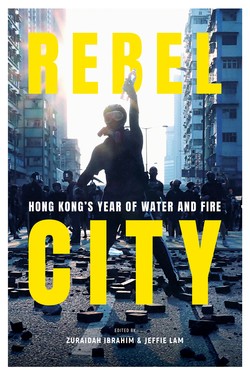Читать книгу Rebel City - South China Morning Post Team - Страница 29
На сайте Литреса книга снята с продажи.
Judges judge
ОглавлениеLam and her officials dismissed such criticisms, insisting that the courts would play a gatekeeping role in scrutinizing extradition requests and that there were robust safeguards. But many among the legal community – including 12 current and former chairs of the Bar Association – felt this “often repeated claim” about gatekeeping was misleading.
They said extradition hearings were too limited in scope to allow them to probe whether requests were justified, and that even if they did so they could come under political pressure from Beijing.
What was more, they argued, the law preventing extraditions to mainland China was not a gap that needed filling, but a necessary safeguard because the two legal systems were fundamentally different and there were concerns over Beijing’s track record on human rights.
As Professor Albert Chen Hung-yee, a member of the Basic Law Committee, put it, Hong Kong courts would be left in the “difficult and invidious” position of deciding whether the mainland’s legal system complied with human rights standards.
Essentially, the lingering doubt was whether Hong Kong would be able to say no to Beijing. And if it could not, what did that mean for the “one country, two systems” model under which the city has been governed since the handover from British rule? Could it still claim to have a high degree of autonomy?
“The one country, two systems model stems from our lack of trust in the mainland’s judicial model,” said Democratic Party chairman Wu Chiwai. “Once the firewall is gone, there will only be one country, one system.”
